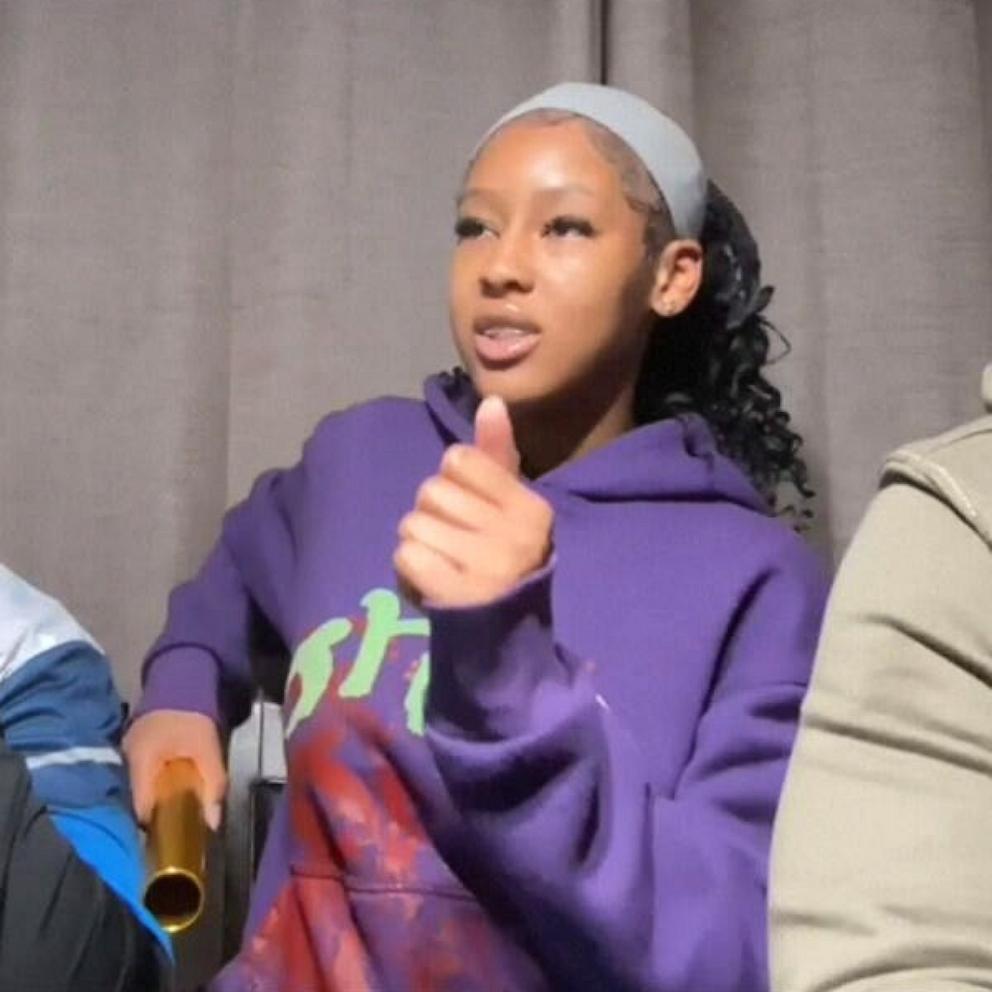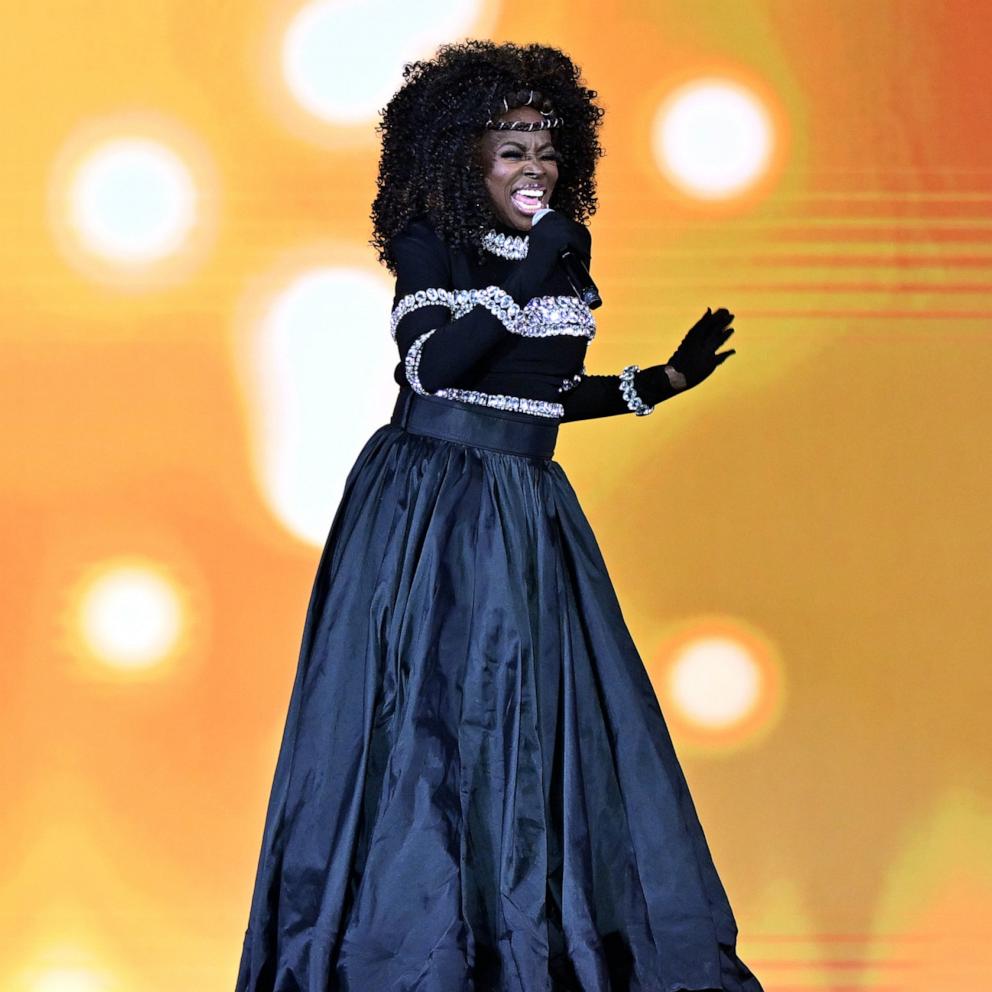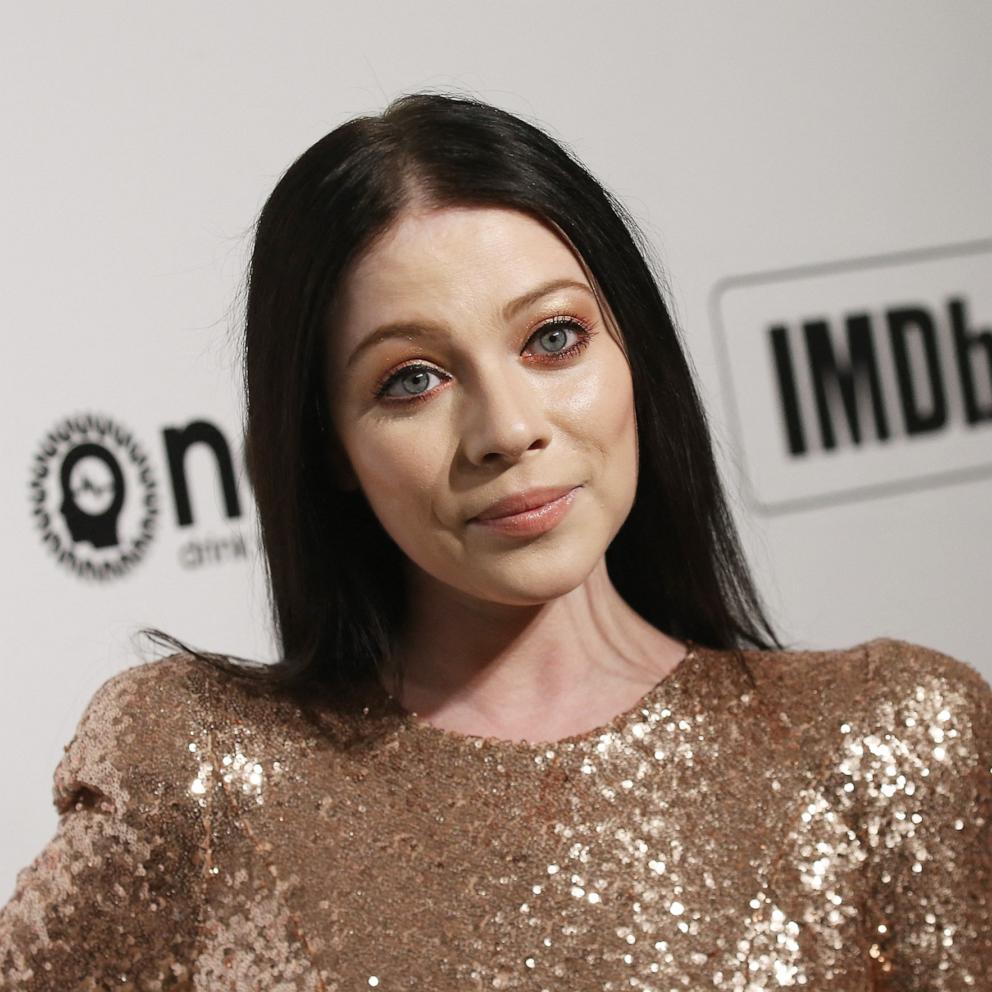Derek Chauvin murder trial spotlights America's social ills: Advocates
At the start of the Derek Chauvin murder trial for the killing of George Floyd, defense attorney Eric Nelson asked jurors to exercise their common sense and apply sound judgment based solely on the evidence presented, stressing, "there is no political or social cause in this courtroom."
But advocates say that the social ills that disproportionately impact minority communities are on display in a case where a white officer knelt on the neck of a Black man for more than 9 minutes, despite his cries and even after he had no pulse. And they say that, as in other trials that involve Black men, the victim himself is facing more scrutiny than the suspect.
The Rev. Fredrick Douglas Haynes III, the pastor of the Friendship-West Baptist Church in Dallas, told ABC News that while the courtroom may not be the appropriate venue for social activism, America's most entrenched and vexing social ills are an integral part of the case.
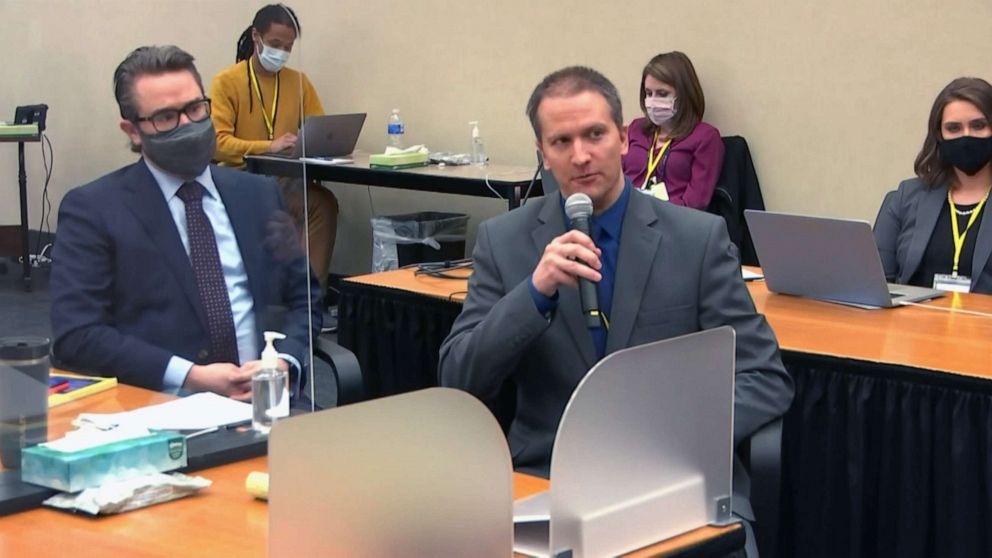
Haynes said that in his weekly sermons to the 12,000 members of his congregation and an estimated 25,000 logging into his online broadcasts, he has for years touched on a plethora of issues plaguing the nation that have surfaced once again in the high-profile case: the opioid crisis, the deadly COVID pandemic, record unemployment, health problems that have disproportionately affected Black and minority communities, police brutality, police reform and the underlying scourge of racism.
"It’s not just Derek Chauvin on trial, America is on trial. Our systems are on trial," Haynes told ABC News.
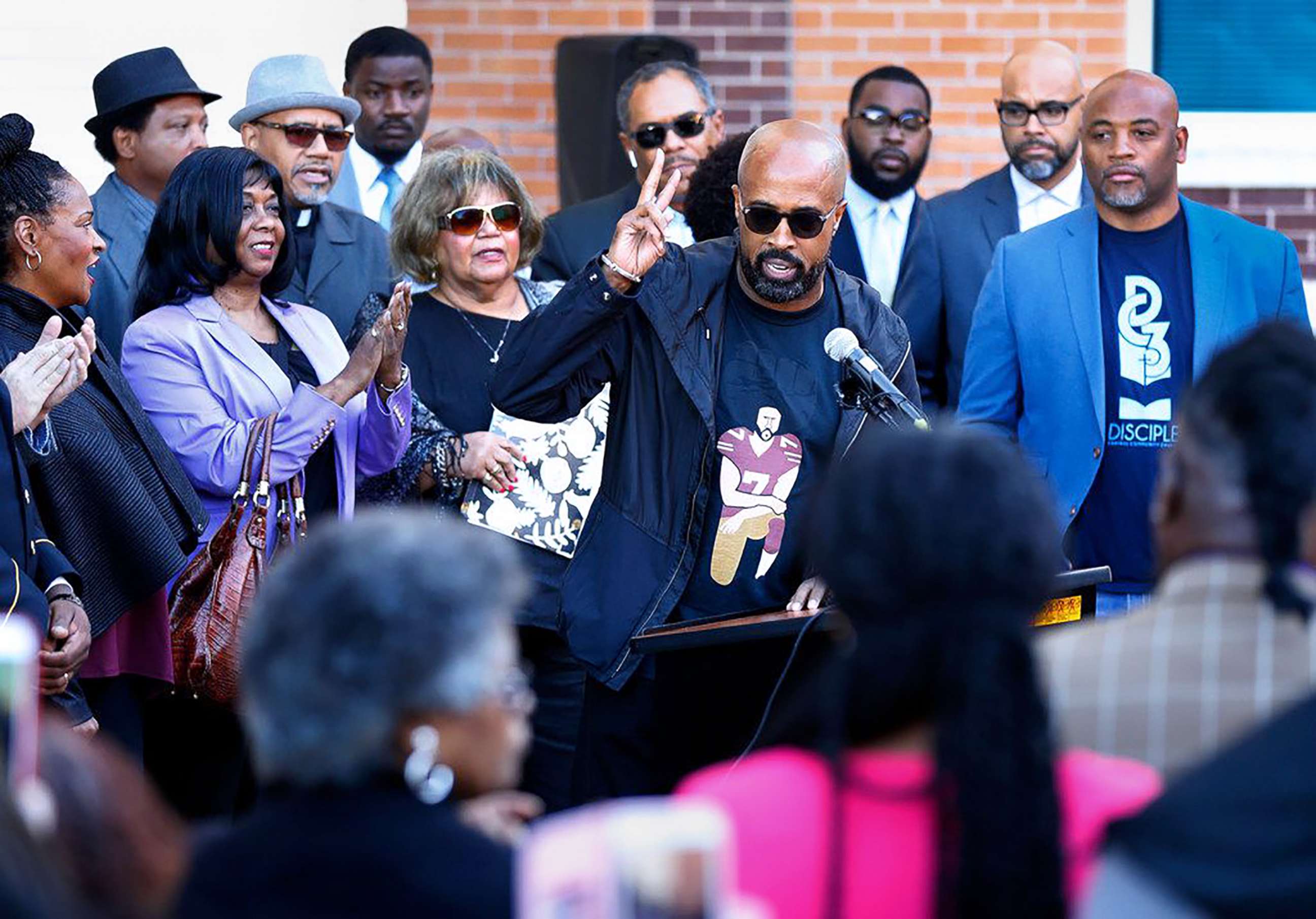
David Weinstein, a former federal and state prosecutor in Florida, said he can understand why people feel the way they do, given the frequency of which Black people are killed in encounters with police. But, he added, "that’s not exactly the way the criminal justice system and our court system is set up to work."
"It’s Derek Chauvin who’s on trial and our system is a system that works if you let jurors hear and see the evidence and they make up their minds, and then we accept the verdict," Weinstein told ABC News. "Then we know our system works."
Pandemic and pain
During the prosecution's case, Floyd's girlfriend, Courtney Ross, told the jury of Floyd's battle with COVID just weeks before his death. The pandemic also left the security guard and millions of Americans unemployed. Ross said they both struggled with opioid addiction, calling it "a classic story."
"We both suffered from chronic pain," she said. "Mine was in my neck, and his was in his back. We both had prescriptions. But after prescriptions were filled, we got addicted and tried really hard to break that addiction."
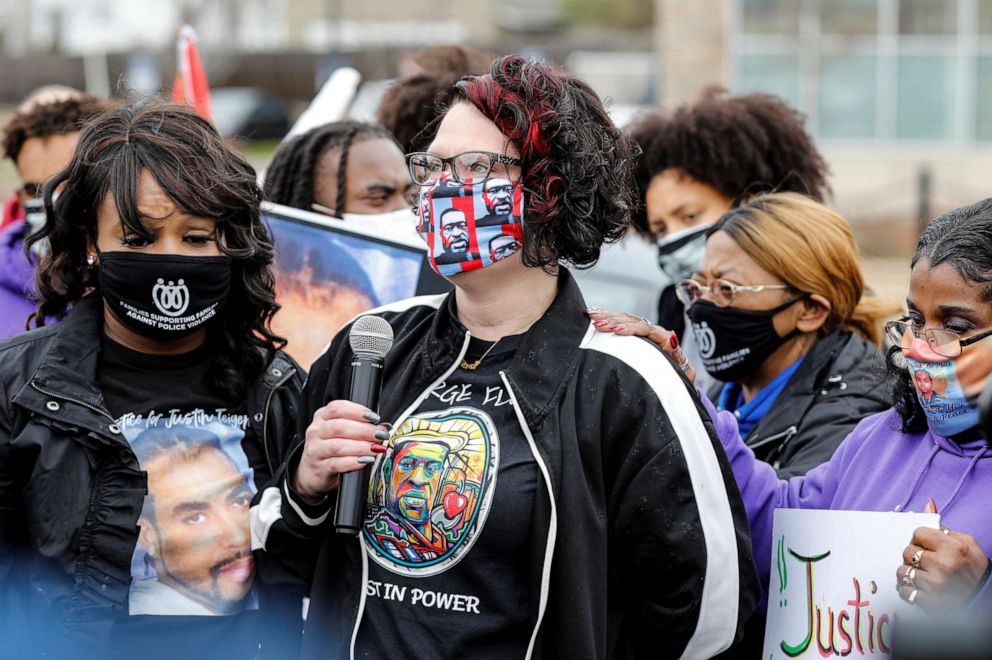
Medical experts called by both the prosecution and defense have dissected Floyd's health problems, specifically hypertension and undiagnosed coronary disease, ailments that disproportionately affect Black and other minority communities. In February, the U.S. Health and Human Services Office of Minority Health reported that in 2018 African Americans were 30% more likely than whites to die from heart disease, and 40% more likely to have high blood pressure.
Haynes said the prosecution has highlighted Floyd's challenges in an attempt to humanize him and explain the low levels of fentanyl and methamphetamine found in his system during an autopsy were not enough to kill him. But the defense has used those same social ills to argue the drugs and his diseased heart were key contributing factors to his death on May 25, 2020 -- more so than the knee Chauvin was seen in numerous videos applying to the back of the man's neck.
During the trial, which heads into closing arguments on Monday, the prosecution has argued Chauvin was the primary cause of Floyd's death. Dr. Andrew Baker, the Hennepin County Medical Examiner who conducted the autopsy on Floyd and ruled his death a homicide, testified that drugs and heart disease were contributing factors to Floyd's demise, but that it was the police restraint that "tipped him over the edge."
"I pastor a church community where I’ve seen how COVID has economically wreaked havoc on so many and has resulted in persons who have sought means of coping," Haynes said. "We often criminalize Black people when they seek to have coping mechanisms that are often addictive. And so it’s not really surprising."
He said the medical conditions Floyd suffered are planted in what he called "medical apartheid," meaning a lack of access to good health care.
"Those comorbidities are rooted in a system that has failed us," Haynes said.
And while the social ill of racism has not been emphasized, or widely mentioned, during the trial, Haynes said it doesn't have to be.
"It’s so blatant because, No. 1, the fact that Derek Chauvin did not see the humanity of George Floyd. There was no response to his cries," Haynes said. "Racism is a contradiction of humanity. And racism is not just, 'I don’t like you because of your skin color.' Racism, systemic racism, is when I believe I can do certain things to you because of your skin color and get away with it."
"So, then the racism is all through it, even trying to put George Floyd on trial and whatever weaknesses George Floyd may have had," he added. "George Floyd is the victim here. Derek Chauvin is not the victim. Again, that’s how racism operates."
Chauvin has pleaded not guilty to charges of second-degree unintentional murder, third-degree murder and manslaughter. His defense has been he was acting in accordance with standard police training when he and two other officers placed a handcuffed Floyd in a prone position with his face smashed into the pavement
While Haynes and other social-justice advocates insist racism played a role in Chauvin's alleged indifference to Floyd's repeated cries of "I can't breathe," Weinstein said prosecutors presented no evidence to support it.
"Certainly without him (Chauvin) testifying, we’re not going to know what his thought process was," Weinstein said.
Police brutality 'still with us'
But Rev. William Barber, co-chairman of The Poor People's Campaign, a national anti-poverty coalition, said systematic racism has clearly been the elephant in the courtroom.
"The first social ill is the culture of policing, where a white officer, and it wouldn’t matter if it was a Black officer, but a white officer feels OK to keep his knee on the neck of a man screaming, begging for his life and he can’t breathe. Not only while he’s hollering, but after they could no longer feel a pulse," Barber told ABC News.
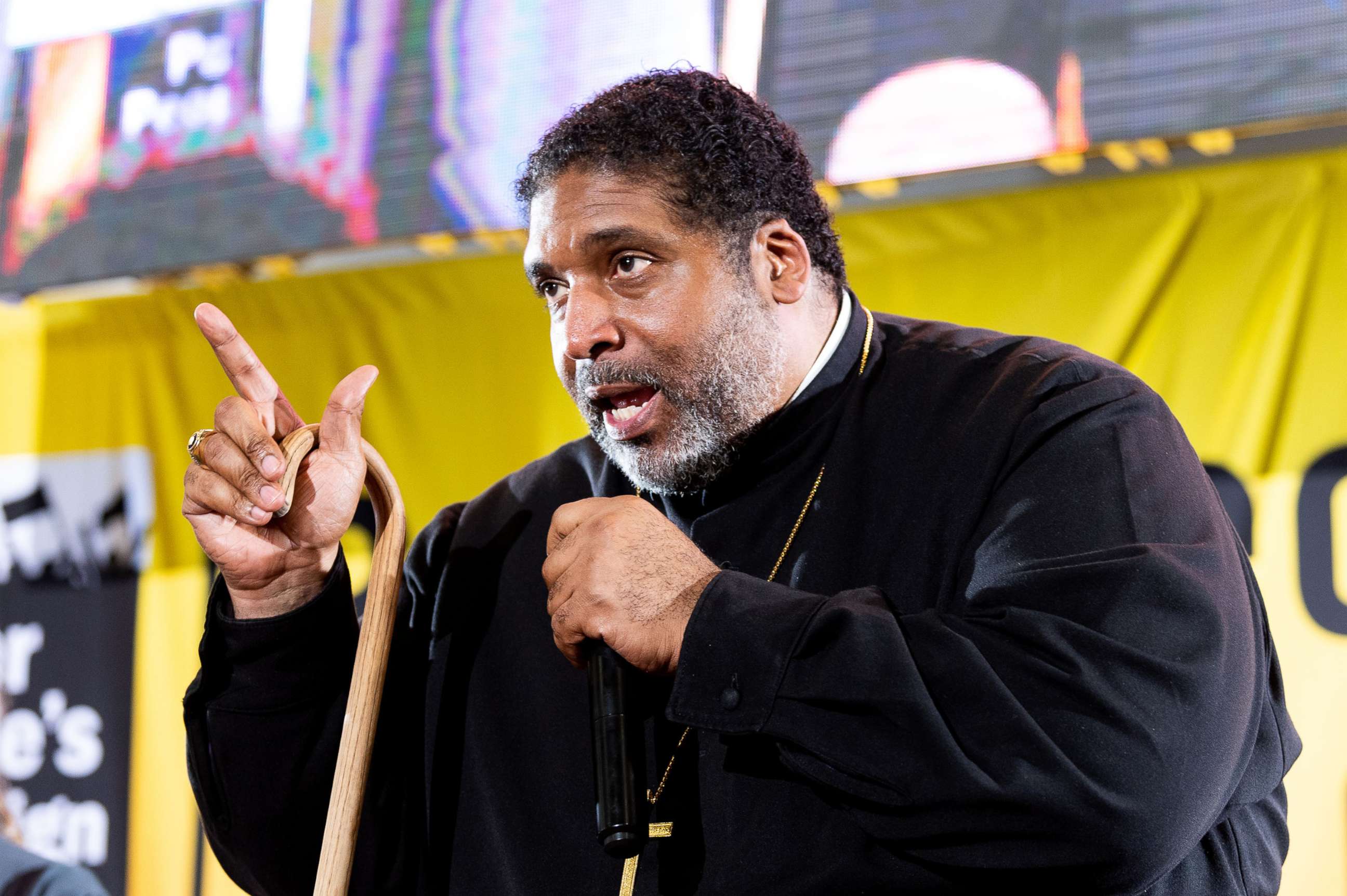
Barber noted that during the 1963 March on Washington, Rev. Martin Luther King Jr. spoke of police brutality.
"It's still with us," he said. “So, we’ve got the biggest social ill in policing -- the violence against minority people, Black men and women and Latinos and others, with seeming impunity."
Barber said the inequality in the justice system has also reared its head in the Chauvin trial. While the jury has heard of Floyd's life in detail, Barber said they've learned little about Chauvin's background.
Jurors have been told Chauvin was a police officer for 19 years, his last day on the job was the day after Floyd died, and that he was trained and retrained on the policies and practices of the Minneapolis Police Department, including first aid and CPR, which prosecutors say he failed to use even after being told Floyd no longer had a pulse.
The defense showed the jury this week video of a May 6, 2019 arrest of Floyd, and heard testimony alleging he was under the influence of drugs during the police encounter. However, the panel heard nothing about the multiple complaints filed against Chauvin. His personnel file was heavily redacted and only one incident, a traffic stop in which he pulled a woman out of her car for going 10 mph over the speed limit, resulted in a reprimand.
"But what we know most about him is that on that day he put his full-body weight on a man’s neck and basically lynched him in public," Barber said. “And that says a lot about him, even though we might not know other personal things. What is in your mindset when you do that? There was no threat, Mr. Floyd, brother Floyd, was restrained … people were begging that he let him up, and (Floyd) himself was begging. He was trying, and yet he (Chauvin) literally strangled the life out of this man on camera."
Barber said one aspect of the trial that heartened him was seeing Chauvin's former police colleagues reject the so-called "Blue Wall of Silence" and take the witness stand, testifying the force he used on Floyd was unreasonable, unnecessary and not written anywhere in Minneapolis Police Department's policies and practices.
"Something good is happening," Barber said, "and that is that police are willing to contradict one another."
